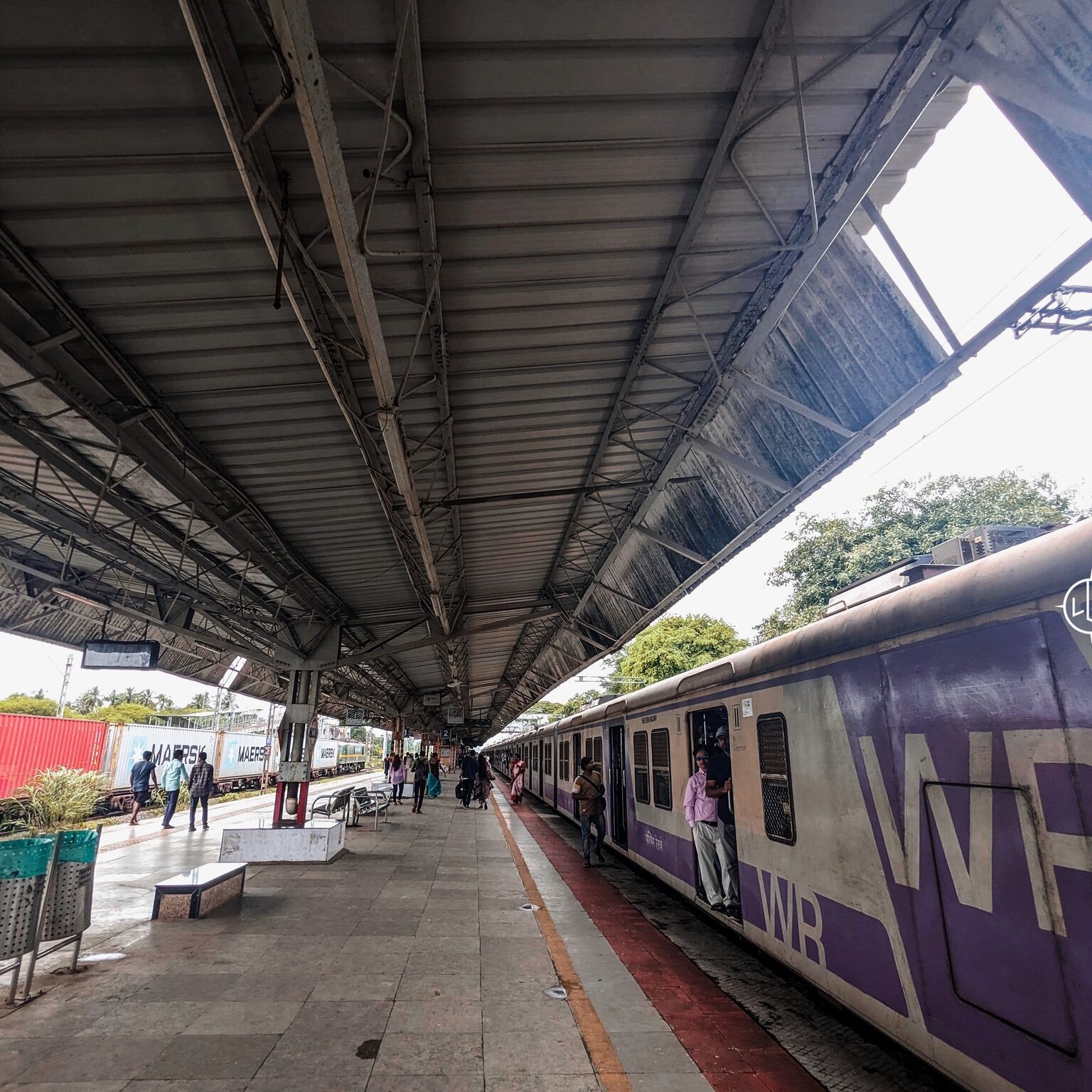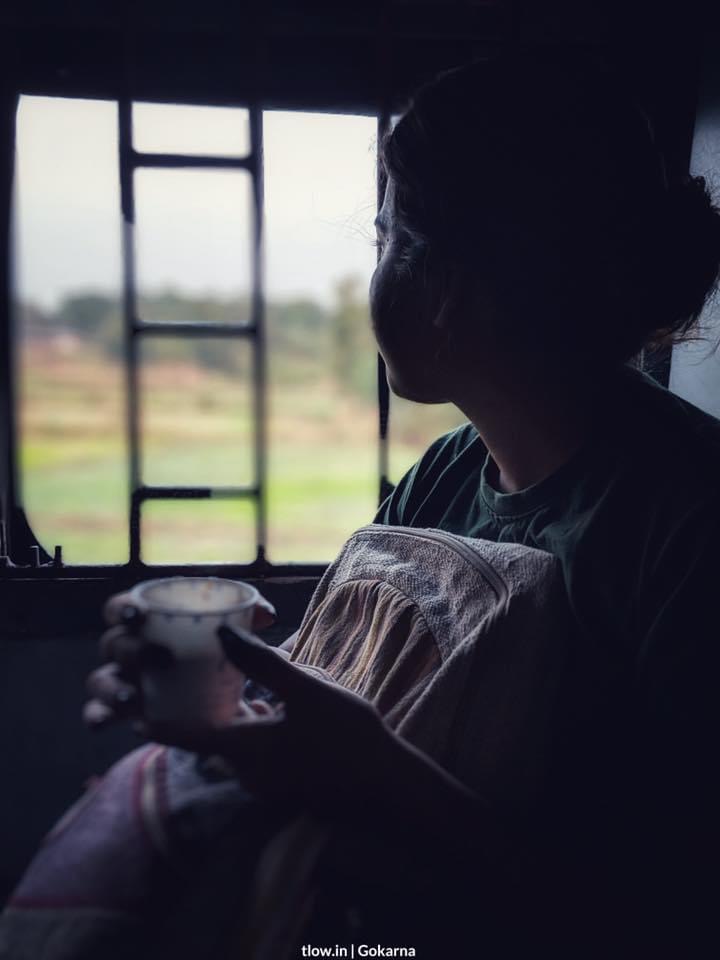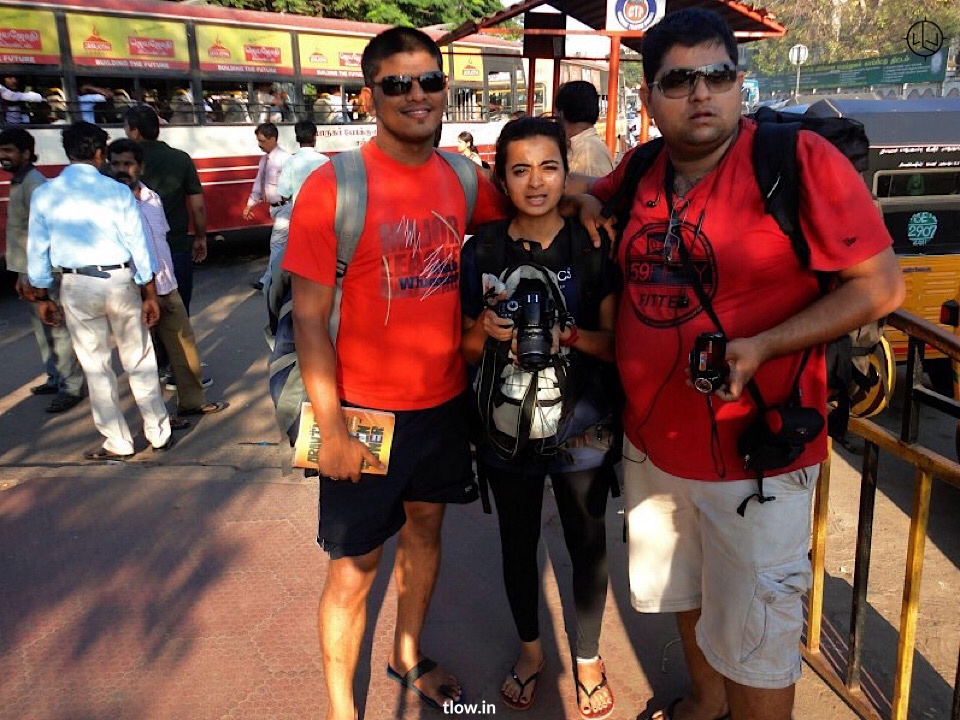
12 useful Dos and don’ts while travelling with a cancer patient by train in India
Cancer patients can definitely travel by train, but there are a few important considerations to keep in mind to ensure their safety and comfort. When travelling with a cancer patient by train, there are some dos and don’ts to consider. Here are some important tips:
Table of Contents
Dos:
1. Plan in Advance: Book tickets in advance to ensure comfortable seating arrangements on the train. Opt for a cabin or compartment that provides privacy and sufficient space for the patient.
2. Inform the Railway Staff: Inform the railway staff about the patient’s condition, especially if they require special assistance, medications, or have mobility challenges. This will help them provide any necessary support during the journey.
3. Carry Medications and Medical Information: Ensure you have an adequate supply of the patient’s medications, including any required prescriptions, and keep them easily accessible during the journey. Carry a list of the patient’s medical history and doctor’s contact information.

4. Comfortable Seating: Request for seating that provides comfort and support for the patient. Consider carrying pillows or cushions, especially if the patient experiences pain or discomfort while sitting for extended periods.
5. Pack Essentials: Bring necessary items such as water, snacks, tissues, wet wipes, and hand sanitizers. These will be useful during the journey, especially for a patient with a weakened immune system.
6. Hydration and Nutrition: Keep the patient well-hydrated during the journey by carrying enough water. Pack nutritious snacks or meals that align with their dietary restrictions or preferences.
7. Emergency Preparedness: Carry a first aid kit with essential supplies for minor emergencies. Keep contact information for local hospitals or medical facilities at your destination readily available.
8. Comfortable Attire: Dress the patient in loose-fitting and comfortable clothing to ensure they are at ease during the journey. Layer their clothing to adjust to changing temperatures on the train.
Don’ts:
1. Avoid Crowded Trains: If possible, try to avoid peak travel times or crowded trains. Crowded spaces may increase the risk of exposure to infections, which can be particularly dangerous for cancer patients.

2. Don’t Forget Hygiene Practices: Encourage the patient and yourself to maintain good hygiene practices, such as frequent handwashing and using hand sanitizers. Avoid touching the face and encourage a “no-touch” policy when it comes to surfaces on the train.
3. Avoid Exposure to Sick Passengers: If you notice any fellow passengers exhibiting signs of illness, try to move away from them or inform the train staff. Minimizing exposure to potential infections is crucial for the health of a cancer patient.
4. Don’t Rely Solely on Food from the Train: Although some trains provide food services, it’s advisable to carry your own snacks and meals that align with the patient’s dietary requirements. This ensures they have access to safe and suitable food during the journey.
5. Avoid Stress and Overexertion: Limit the patient’s physical exertion and stress during the train journey. Encourage them to rest comfortably and engage in activities that help them relax and pass the time.

Other train travel tips
1. Consult with their healthcare team: Before planning any travel, it’s important for the cancer patient to discuss their travel plans with their healthcare team. They can provide guidance on whether the patient’s condition allows for travel and if any precautions need to be taken.
2. Choose an appropriate train class and seating: Trains usually offer different classes or seating options. Consider selecting a more comfortable class or seat with ample legroom and space to stretch out and relax during the journey.
3. Plan for necessary medication and supplies: Make sure to carry all necessary medications, medical supplies, and any required documentation (prescription letters, doctor’s notes) while traveling. It’s advisable to pack an extra supply of medication in case of delays or unexpected circumstances.
4. Maintain hygiene and cleanliness: Cancer patients often have a compromised immune system, so it’s crucial to pay attention to hygiene. Carry hand sanitizers, disinfectant wipes, and tissues to maintain cleanliness throughout the journey.

5. Stay hydrated and eat nutritious food: Drinking plenty of water during the journey will ensure the cancer patient stays properly hydrated. Pack some healthy snacks or meals that adhere to their dietary restrictions or preferences.
6. Dress comfortably and in layers: It’s important for cancer patients to wear loose, comfortable clothing during travel, especially if they have undergone surgery or are dealing with any tenderness. Layering clothing allows for easy adjustment according to temperature changes.
7. Take breaks and move around: Encourage the cancer patient to get up and walk around at regular intervals to stretch their legs and improve circulation. This is especially important during longer train journeys to prevent blood clots and maintain overall comfort.
8. Inform train staff about specific needs: If the cancer patient requires any special assistance or considerations, it can be helpful to inform the train staff before or during the journey. They can help in accommodating specific needs and providing necessary support.
It is crucial for the cancer patient to follow their healthcare team’s advice and prioritize their well-being while traveling.
Remember, consult with the patient’s doctor before undertaking any travel plans. They will provide specific advice based on the patient’s condition and needs. Prioritize the comfort, safety, and well-being of the patient throughout the train journey.











